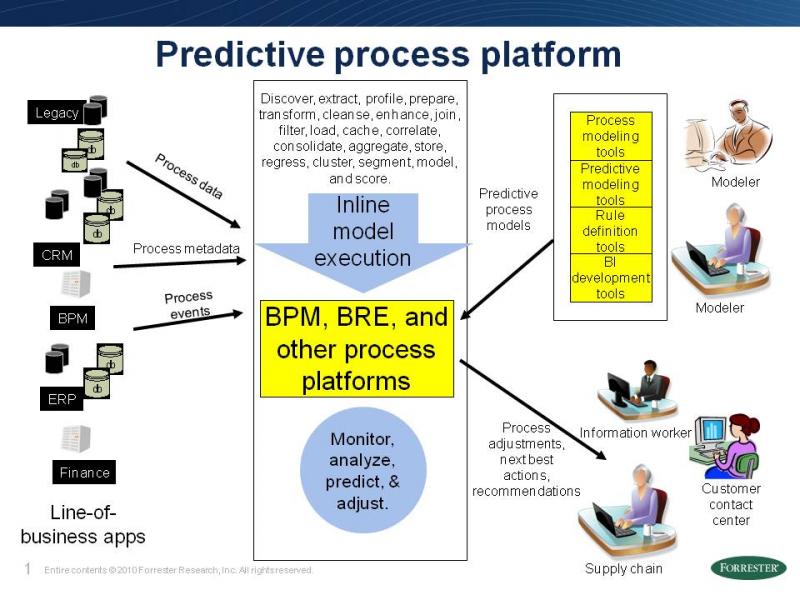Most companies oversimplify customer experience processes. As a rule, all relevant tasks are just delegated to CRM. However, even most advanced CRM alone can appear not sufficient to handle all customer processes. CRM rarely offers enough flexibility to configure multiple levels of interaction with client with complex decision logic, gateways, escalations and delegation of tasks. For this reason, full-fledged BPM system with well configured process hierarchy is indispensable element of quality customer service.
Customer experience processes are among most complex processes, which exist in organization. This is because customer processes are champions in terms of people involved. In fact, every new customer is a distinct private or business entity with own individual features. As a rule, number of customers exceeds a number of suppliers and other business counter-agents by a number of magnitudes. This abundance of customers itself makes the process of their handling chaotic and very unpredictable. Respective processes must have elaborate reservations to efficiently handle all possible complications in routing these arbitrary customer flows and demands.
Robust implementation of responsive customer service requires complex modeling of stochastic processes, artificial intelligence, predictive analytics, integrated logistics and other techniques from business intelligence domain, which go far beyond standard CRM forms and procedures.
See, e.g. curious outline “Findings From Forrester Wave: Customer Service Analytics Empower The Predictive Process” on the link below.
Image from on (no longer available on this address):
http://blogs.forrester.com/james_kobielus/10-07-19-findings_forrester_wave_customer_service_analytics_empower_predictive_process


Leave A Comment